Amlopres AT
✅ Controls high blood pressure
✅ Prevents heart attacks
✅ Reduces stroke risk
✅ Manages angina pectoris
✅ Improves heart efficiency
Amlopres at contains Amlodipine and Atenolol
Amlopres At Tablet is prescribed for managing hypertension (high blood pressure). This dual-medication formulation effectively controls blood pressure when monotherapy proves insufficient. It aids in reducing elevated blood pressure, thereby decreasing the risk of future cardiac events and cerebrovascular accidents.
Amlopres At Tablet may be taken at any time of day on an empty stomach, though maintaining consistent daily timing is recommended. Continue treatment as directed by your physician, even if asymptomatic, as hypertension often presents no noticeable symptoms. Discontinuation without medical supervision may worsen your condition. Complementary lifestyle modifications including regular physical activity, weight management, and balanced nutrition enhance treatment efficacy.
Potential adverse effects include cephalalgia, pedal edema, bradycardia, and nausea. Dizziness may occur; exercise caution when operating machinery or performing tasks requiring concentration until medication effects are known. This formulation may elevate serum potassium levels – monitor dietary potassium intake and supplements accordingly. Regular monitoring of blood pressure, renal function, and electrolyte levels may be required during therapy.
Prior to initiation, disclose any hepatic or renal impairment to your healthcare provider. Pregnant or lactating women should seek medical advice before use. Provide complete information about concurrent medications, particularly other antihypertensives or cardiac therapies.
THERAPEUTIC INDICATIONS
- Management of essential hypertension
CLINICAL BENEFITS
In Hypertensive Patients
This combination therapy contains amlodipine (a calcium channel blocker) and atenolol (a cardioselective beta-blocker) that synergistically reduce blood pressure through complementary mechanisms. The formulation promotes vasodilation, decreases cardiac workload, and optimizes circulatory efficiency.
Effective blood pressure control significantly reduces cardiovascular morbidity and mortality risks. Consistent adherence to prescribed therapy is crucial, as clinical benefits are primarily preventive rather than symptomatic. While immediate symptomatic relief may not be apparent, long-term cardiovascular protection is achieved. Optimal therapeutic outcomes require concurrent lifestyle modifications including dietary management and physical activity.
ADVERSE EFFECTS
Frequently Reported Effects
- Somnolence
- Cephalalgia
- Peripheral edema
- Cutaneous vasodilation
- Bradycardia
- Cardiac palpitations
- Emesis
- Generalized edema
- Gastrointestinal hypomotility
- Fatigue
- Peripheral vasoconstriction
ADMINISTRATION GUIDELINES
PHARMACODYNAMICS
Medical Disclaimer:
| Strength | 25 mg, 50 mg |
|---|---|
| Quantity | 30 Tablet/s, 60 Tablet/s, 90 Tablet/s |
| Pharma Form | Tablet/s |
| Manufacturer | Cipla Inc |
| Treatment | High blood pressure |
| Generic Brand | Amlodipine + Atenolol |
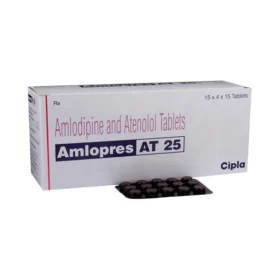 Amlopres AT
Amlopres AT









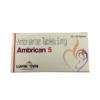
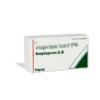


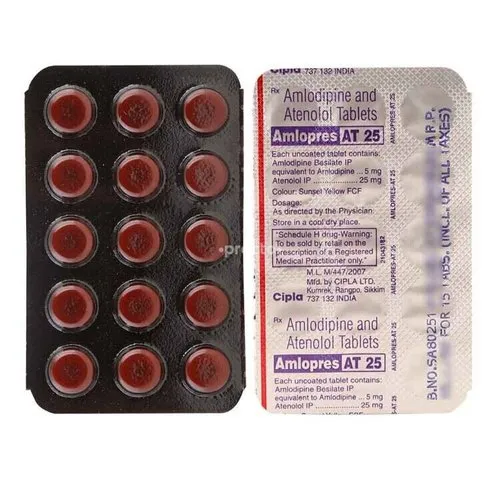
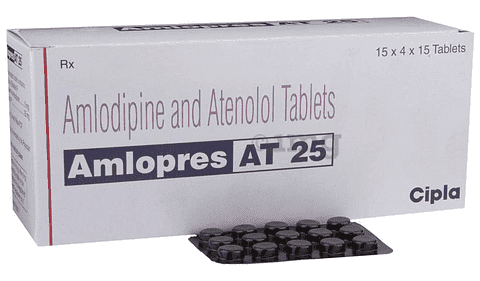

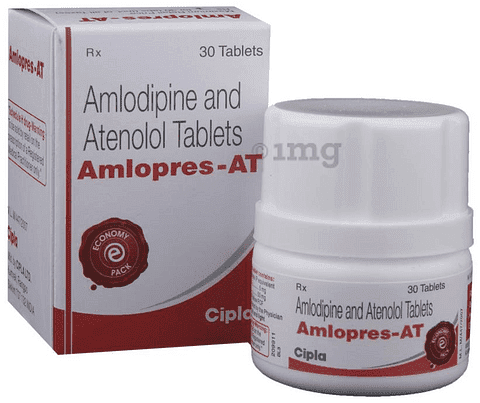
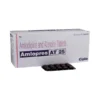
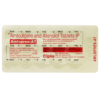
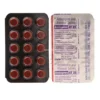
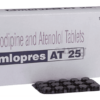
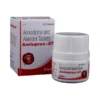
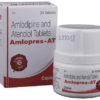
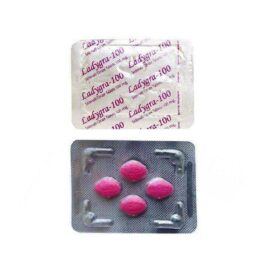

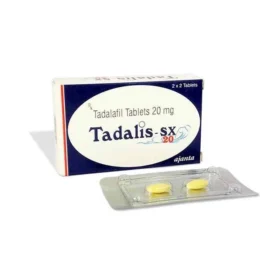
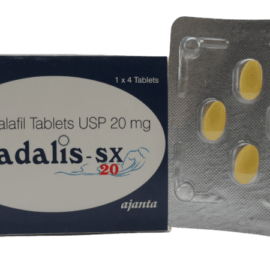
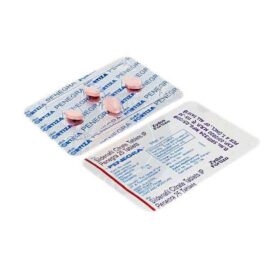
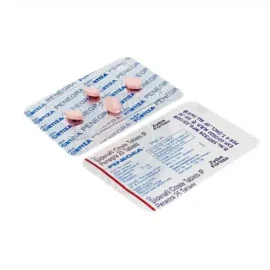
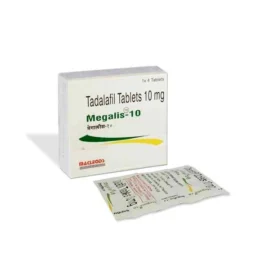
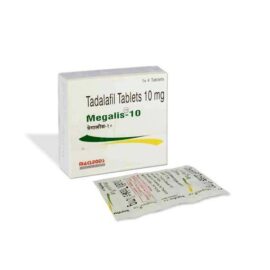


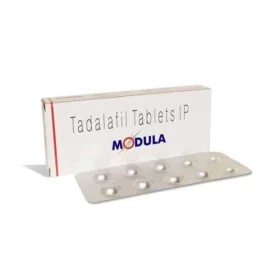
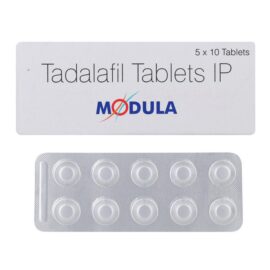
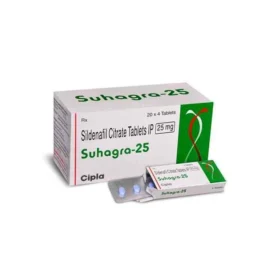
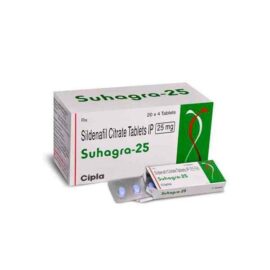
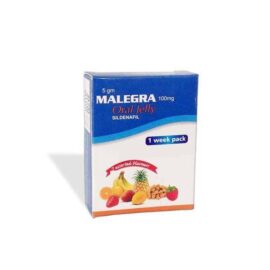
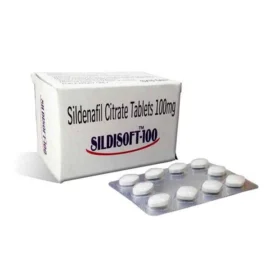
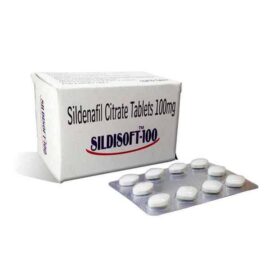
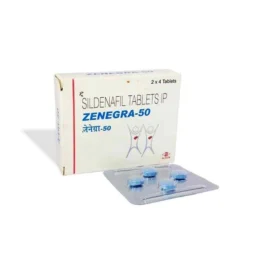



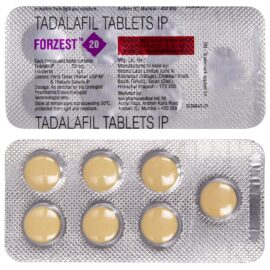
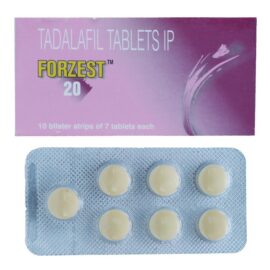
Reviews
There are no reviews yet